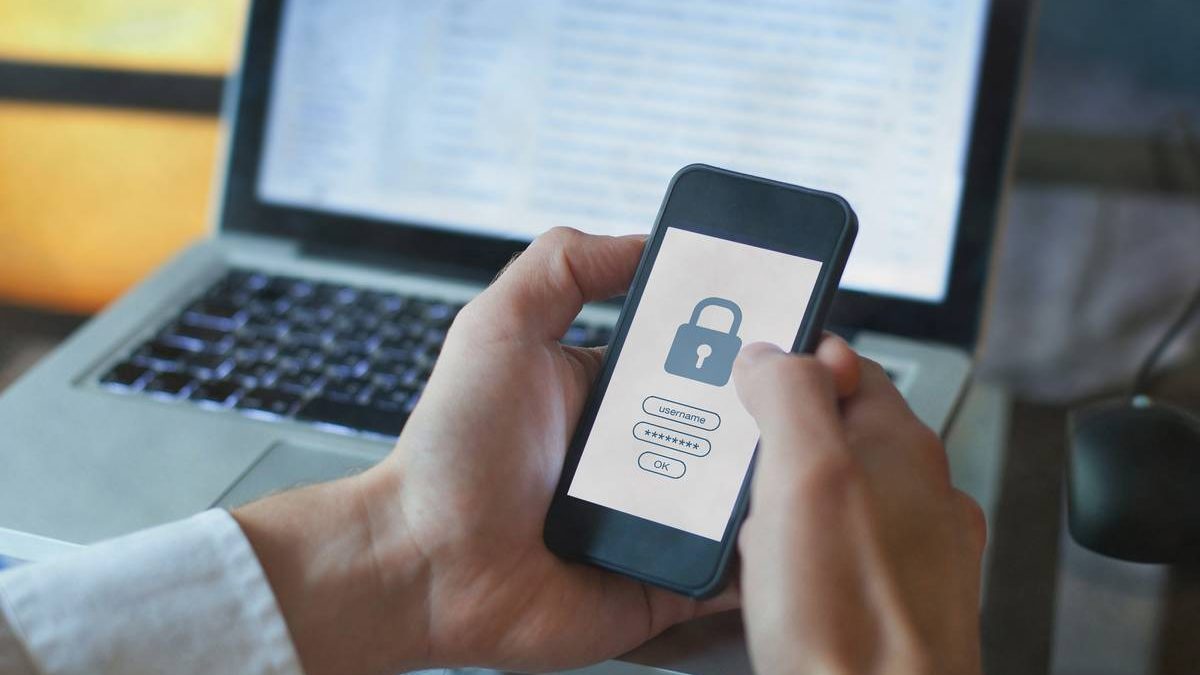Which of the following is not Recommended to Protect you from Identity Theft?
Why Sharing Personal Information Online is a Risk for Identity Theft
In today’s digital age, the internet has become an essential part of our lives. From social media to online shopping, we constantly share personal information online. While this may seem harmless, it puts us at risk for identity theft.
Table of Contents
What is Identity Theft?
Identity theft is the illegal use of someone’s personal information to commit fraud or other crimes. It can include stealing someone’s Social Security number, credit card information, or personal details. Identity thieves use this information to open credit card accounts, make purchases, or even take out loans in the victim’s name.
How Does Sharing Personal Information Online Put You at Risk?
When you share personal information online, whether on social media, online forums, or even shopping websites, you make it easy for identity thieves to access your data. For example, if you post your full name, address, and birthdate on social media, a hacker could use that information to steal your identity.
Which of the Following is Not a Recommended Method to Protect You from Identity Theft?
There are several ways to protect yourself from identity theft, but not all methods remain recommended. Some commonly used methods, such as using the same password for multiple accounts, are not recommended as they can make you more vulnerable to identity theft.
Not Recommended Methods to Protect You from Identity Theft:
- Using the same password for multiple accounts
- Sharing personal information on social media
- Leaving personal documents in an unsecured location
- How to Protect Yourself from Identity Theft
Now that you understand the risks of sharing personal information online, you must know how to protect yourself from identity theft.
Create Strong, Unique Passwords
One of the best ways to protect your online accounts is by creating strong, unique passwords for each account. It means using a combination of letters, numbers, and special characters and avoiding using easily guessable information such as your birthdate or pet’s name.
Be Mindful of What You Share Online
Consider the potential risks before sharing personal information on social media or other online platforms. Avoid posting your full name, address, birth date, or further sensitive details that identity thieves could use.
Monitor Your Credit and Financial Accounts
Regularly checking your credit report and financial accounts can help you catch any unauthorized activity early on. If you notice any suspicious charges or accounts, report them immediately.
Secure Your Devices and Networks
Ensure your devices have updated security software and use a firewall to protect against hackers. Additionally, use secure, encrypted networks when accessing sensitive information online.
Shred Sensitive Documents
When disposing of paper documents that contain personal information, such as bank statements or credit card offers, be sure to shred them to prevent identity thieves from obtaining your information.
Conclusion
Sharing personal information online can make you vulnerable to identity theft. By being mindful of what you share and taking proactive steps to protect your information, you can reduce the risk of becoming a victim of identity theft.
FAQs
What should I do if I suspect I’m a victim of identity theft?
If you suspect your identity has been stolen, acting quickly is essential. Contact your financial institutions, credit bureaus, and the Federal Trade Commission to report the identity theft and take steps to protect your accounts.
How can I protect my children from identity theft?
Children are increasingly becoming targets of identity theft. To protect your children, be mindful of what information you share about them online and consider freezing their credit until they are old enough to use it.
What are some common signs of identity theft?
Common signs of identity theft include unauthorized charges on your accounts, receiving bills for accounts you didn’t open, and being denied credit for reasons unrelated to your credit history.
Which of the following is not recommended to protect you from identity theft?
Sharing personal information online has become common in today’s digital age, but it also comes with the risk of identity theft. When individuals share their private information on social media platforms, online forums, or other websites, they become vulnerable to identity theft. Cybercriminals can use this information to steal their identity and commit fraud.

